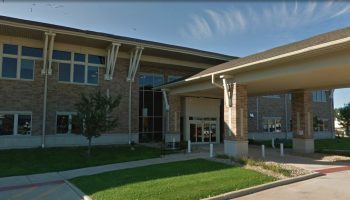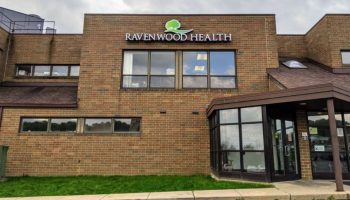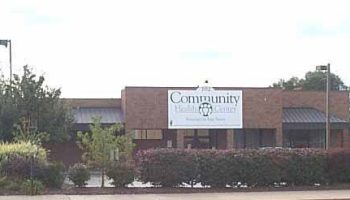About Signature Health
Signature Health in Ashtabula, Ohio, provides addiction recovery services as a Project Dawn site, a network of test strip distribution programs supported by the Department of Health in Ohio. They accept Medicaid, Medicare and some Medicare Advantage plans. They also accept several commercial health plans and can make accommodations with sliding scale fees if you do not have insurance accepted by the facility.
They offer outpatient and residential treatment options depending on the level of care you require. Their specialists can provide treatment for addiction to a variety of substances including alcohol, opioids, cocaine, ecstasy, prescription drugs and methamphetamine. They also offer support for gambling addiction.
Multidisciplinary Team Approach
You can schedule your evaluation or walk into the clinic Monday through Friday. Your program is personalized to meet your needs and may include medication assisted treatment (MAT) if you’re struggling with alcohol or opioid addiction.
You’ll also receive talk therapy with a multidisciplinary team of psychiatrists, counselors and addiction medicine providers. They have licensed counselors with specialized education to treat gambling disorders.
Recognizing that addiction has an impact on more than just you, they also offer mental health services to adults, couples, children and families. Dual diagnosis treatment is available at another location.
Operation Hours
- Monday 7:45AM - 7PM
- Tuesday 7:45AM - 7PM
- Wednesday 7:45AM - 7PM
- Thursday 7:45AM - 7PM
- Friday 7:45AM - 5PM
- Saturday Closed
- Sunday Closed
Levels of Care
-
Inpatient
Inpatient and residential programs provide round-the-clock medical and emotional support as you live at the treatment facility. This level of care may be recommended if you have severe addictions or mental health conditions since it removes outside distractions and allows you to focus solely on therapy.
-
Outpatient
In outpatient therapy, you’ll attend therapy sessions several times each week while living at home. This is ideal if you have a strong support system and a lower risk of relapse. Outpatient treatment offers flexibility to maintain work, school or family obligations.
-
PHP
Partial hospitalization programs provide comprehensive treatment in a structured setting during the day but allow you to return home at night. These programs offer a balance of inpatient and outpatient rehab and provide intensive support without full time residency.
-
Aftercare
Aftercare programs provide ongoing support after you complete a rehab program. They may include several components to help you maintain sobriety including therapy, community support groups and relapse prevention strategies. This gives you a network of resources as you reintegrate into your daily life.
-
Dual Diagnosis
Dual diagnosis programs address substance use disorders and co-occurring mental health conditions simultaneously. This integrated approach to care improves the likelihood of long term recovery and stability by addressing the root causes of addiction.
Detox Service Setting
-
MAT
Medication assisted treatment combines medication and counseling to manage withdrawal and reduce cravings for opioid and alcohol addiction. Medications may include methadone, buprenorphine or naltrexone. MAT is tailored to your needs so you can actively participate in your treatment journey.
Programs
-
Teen (13 - 18)
-
Adult (18+)
Adult programs address the substance use and life challenges specific to adults. Therapists can deliver sessions in individual, group and family settings. Services often include job support and life skills training in a structured environment.
-
Young Adult (18 - 25)
Young adult programs are designed for individuals who are transitioning into adulthood. Topics of discussion typically include identity, independence and peer relationships. Providers may also offer life skills training and career support.
-
Women
Women's programs offer a safe and supportive space to focus on gender specific issues such as trauma, family roles and mental health conditions. Therapists tailor the sessions to address women's needs and foster empowerment in a healing and nurturing environment.
-
Men
Men's programs address substance use while also considering the social pressures, family roles and mental health concerns that are specific to men. You’ll learn healthy coping mechanisms as you build emotional resilience and develop communication skills.
Accreditations
-
 CARF
CARF
Amenities
- Private Setting
- Recreation Room
- Art Activities
Medications Offered
-
Buprenorphine
-
Naltrexone (Vivitrol)
-
Suboxone
Contact
4726 Main Ave.
Ashtabula, OH 44004




